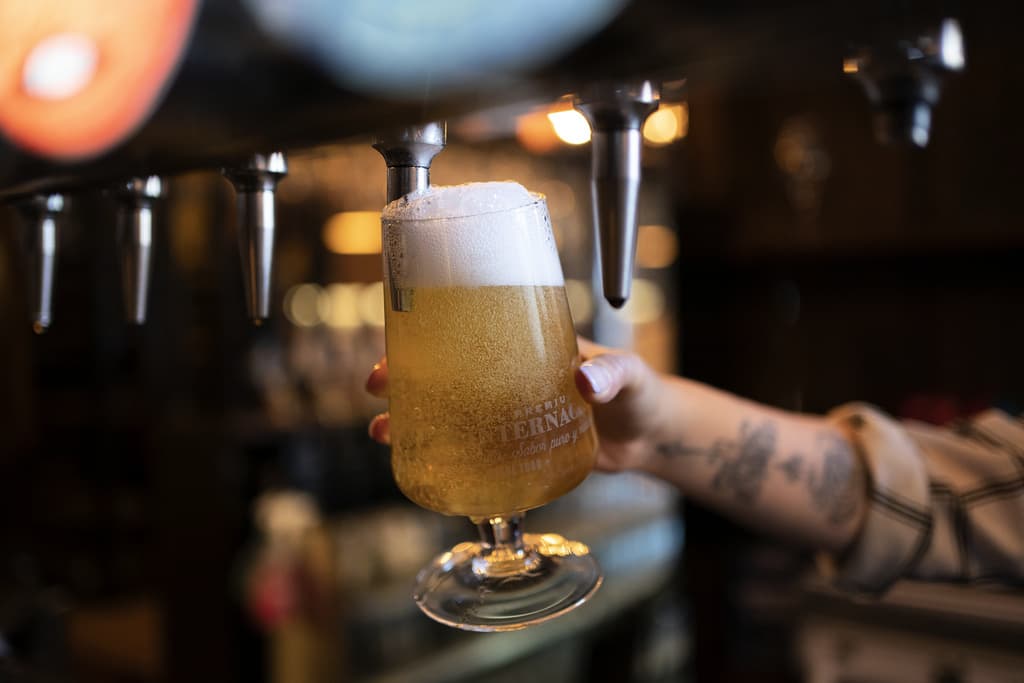Downpours, storms, and drought exacerbated by climate change are threatening the future of some of Europe's favorite drinks, notes Euronews, which has gathered examples:
1. Classic beer culture in danger
Hops are the ingredient in beer that determines flavor, aroma, and bitterness. However, the plants do not thrive in a warmer and drier climate. Harvests have shrunk in Central Europe's major production areas, and the flavor has been negatively affected, according to a study.
This raises concerns for the future of the British pint. Researchers in Kent are therefore trying to develop hops that are more resistant to climate change.
Without it, the British pint will die out. Then we would only import beer and lose the culture, says Danielle Whelan from the brewery Shepherd Neame to BBC.
.
2. Guinness manufacturer warns of water scarcity
British Diageo, which is behind the beer brand Guinness, has expressed concern that climate change will lead to a shortage of a vital ingredient. Access to water is the company's top climate risk, according to sustainability chief Michael Alexander.
You can be the most productive brewery or distillery in the world. But it won't reduce the risk for you if there's a drought, he says to Time Magazine.
.
3. Less Italian bubbly in glasses?
There is a crisis among the hills in northeastern Italy where Prosecco is produced. The bubble is vulnerable to the unpredictable weather that follows in the wake of climate change, which can reduce harvests by up to a fifth, according to producers' estimates.
Spring frosts kill buds, hailstorms destroy plants, and drought affects the vines – which can also be flooded with mud when downpours trigger landslides. This threatens the local economy as well as community history and cultural roots, according to a researcher.
.
4. New fruits may become spirits in Hungary
Fruit spirit pálinka has been produced in Hungary since the Middle Ages. However, some traditional ingredients are becoming harder to cultivate due to climate change. Unusual weather patterns made the season for several fruits start and end earlier this year, while storms and rain damaged the harvests, according to the pálinka council's László Mihályi.
Sooner or later, pálinka will have to be made from new fruits because the raw materials used today will not survive climate change, says Mihályi to InfoRádio. Sensitive varieties include peaches, raspberries, and blackcurrants.






